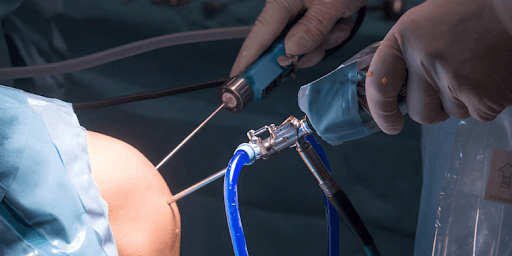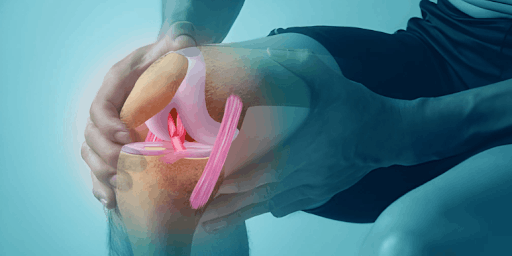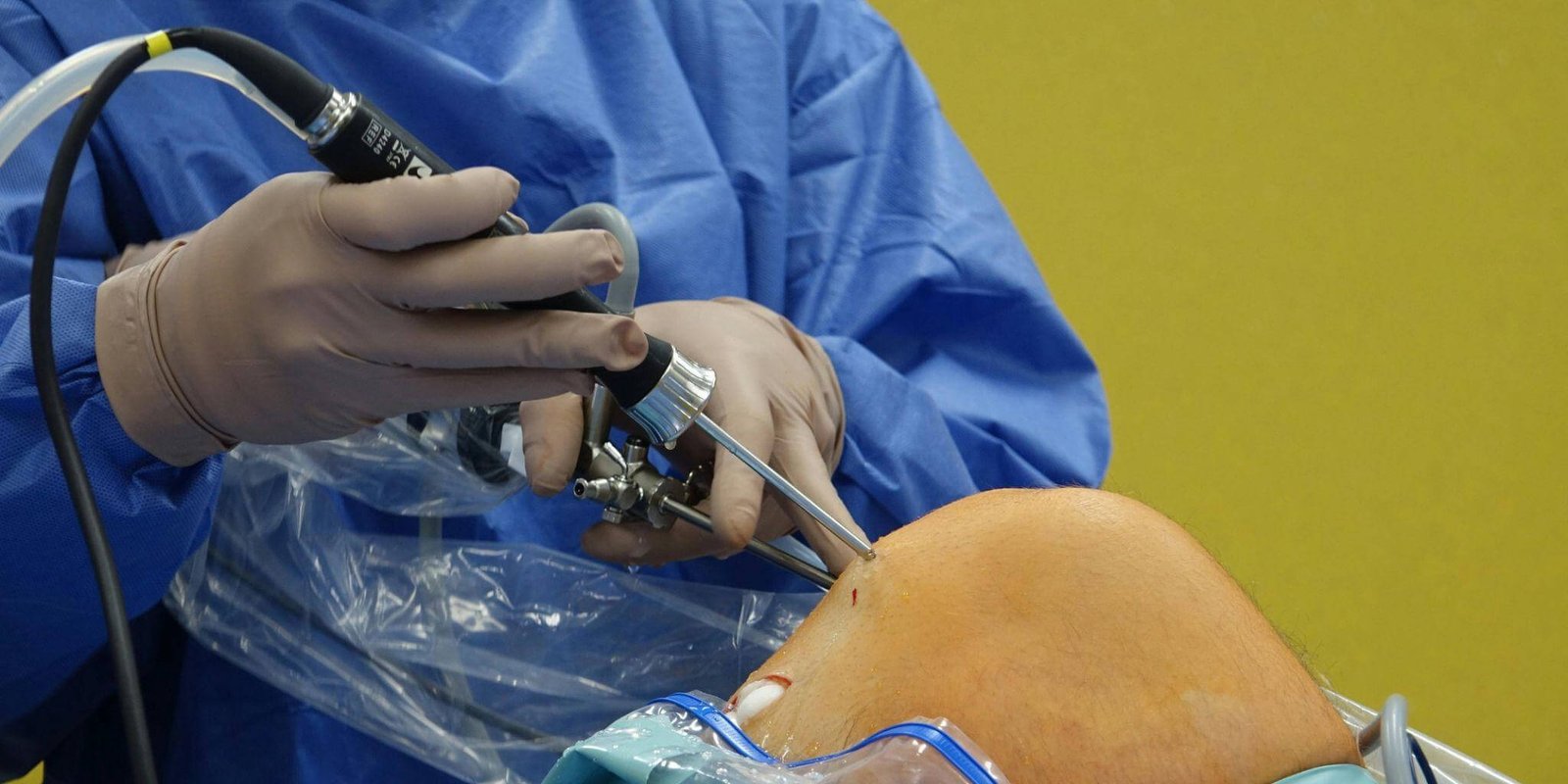
Sports Medicine In Nagpur Or Sports Injury Surgeon In Nagpur
As a sports injury surgeon based in Nagpur, Dr. Nawaid specialize in the treatment of injuries and conditions that affect athletes of all levels, from amateur to professional. He understands the unique challenges that athletes face, and he is dedicated to helping them achieve a full recovery and return to their sport as quickly and safely as possible.
He has extensive experience in the treatment of a wide range of sports injuries, including sprains and strains, fractures, dislocations, and torn ligaments or tendons. With use of the latest techniques and technologies to diagnose and treat these injuries, he focuses on minimally invasive and arthroscopic surgery whenever possible.
In addition to surgical interventions, Dr Nawaid works closely with patients to develop personalized rehabilitation plans that help them regain their strength, mobility, and confidence.
If you have suffered a sports injury don’t hesitate to schedule a consultation with him.
Dr.Nawaid Ahmed Tips For Healthy Joints
Dr. Nawaid Ahmed understand the importance of maintaining healthy joints. Valuable tips for the joints in top condition. Firstly, engage in regular exercise that focuses on joint flexibility and strength, such as swimming or yoga. Secondly, maintain a healthy weight to alleviate stress on your joints. Thirdly, ensure a balanced diet rich in omega-3 fatty acids, antioxidants, and calcium to support joint health. Lastly, avoid excessive repetitive motions and prioritize proper posture to prevent joint strain. Remember, taking care of your joints today can lead to a more active and pain-free future
Dr. Nawaid will evaluate your sports injury and determine if surgery is necessary. He will discuss all treatment options with you and recommend the best course of action based on your specific injury and individual needs.
Dr. Nawaid will explain the potential risks and complications associated with the specific type of surgery you require. Risks can include infection, bleeding, and nerve damage. He will take all necessary precautions to minimize these risks and ensure the safest possible outcome.
Dr. Nawaid will evaluate your injury and discuss all possible treatment options, including non-surgical alternatives such as physical therapy, medication, and injections. He will work with you to determine the best approach based on your individual needs and goals.
Sports medicine offers a comprehensive approach to help athletes and active individuals recover and perform at their best. Depending on the injury, treatments may include:
Targeted physiotherapy to restore strength, flexibility, and stability.
Rehabilitation programs designed to get you back to your sport safely.
Minimally invasive procedures such as injections to reduce pain and inflammation.
Surgical interventions when necessary, with recovery plans tailored to your activity level.
Every plan is designed not just to heal the injury, but to optimize performance and prevent recurrence, which makes sports medicine different from standard care.
That depends on the severity of the tear and your activity goals. Some partial tears may improve with physiotherapy and strengthening exercises, but complete tears often require surgical repair if you want to return to sports or high-intensity activity. Consider these factors:
Your activity level and future goals.
How your knee responds to non-surgical therapy.
Timing and planning of rehabilitation for best results.
Recovery varies depending on the type of injury. Minor sprains might take a few weeks, while ligament or tendon repairs can require several months. You will be guided carefully through each stage of rehabilitation to ensure safe and effective recovery.
Yes. Strengthening exercises, flexibility work, proper warm-ups and cool-downs, and using correct footwear are all important. You will also learn how to balance training intensity and recovery so you avoid overloading joints and muscles.
Shoulder pain from repetitive activity can be caused by tendon or muscle irritation, minor tears, or joint strain. A proper examination and imaging can pinpoint the cause. Treatment may include rest, targeted exercises, therapy, or injections depending on what you need to recover fully.
Home rehabilitation is important, but safety comes first. You should follow a prescribed plan specifically designed for your injury rather than trying random exercises. Start gradually, increasing intensity step by step, and avoid pushing through pain. Focus on correct form and technique, as even small mistakes can strain your joints or muscles. Track your progress by noting swelling, unusual pain, or instability, and stop immediately if symptoms worsen. Using supportive tools like resistance bands, braces, or ice, as advised, can further protect your recovery and help you regain strength efficiently.
Recent Post
Categories
Tags
Reach Us
- +9156496040, +8412918529, +9764095288
- drnawaidahmed@gmail.com
- Sunshine Advanced Health Care Centre, 2nd Floor, Shri Govindraj Heights, Opp Hotel Woodland, Gitanjali Chowk, Central Avenue Road, Nagpur Maharashtra 440018
- Synergy Polyclinic, Besides Palloti School, Ring Rd, Near Rathod Lawn, Jafar Nagar, Gorewada, Nagpur, Maharashtra 440013


